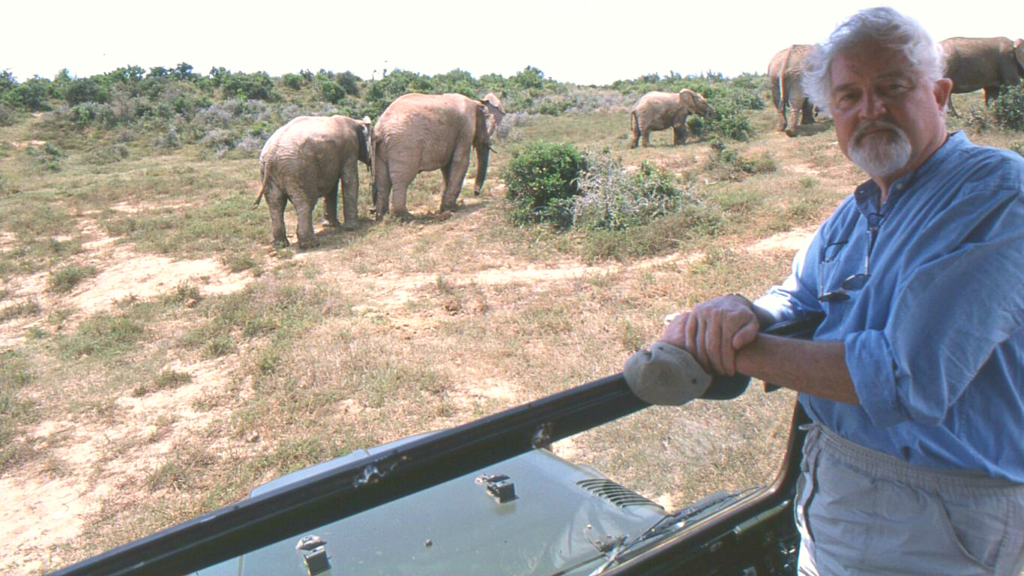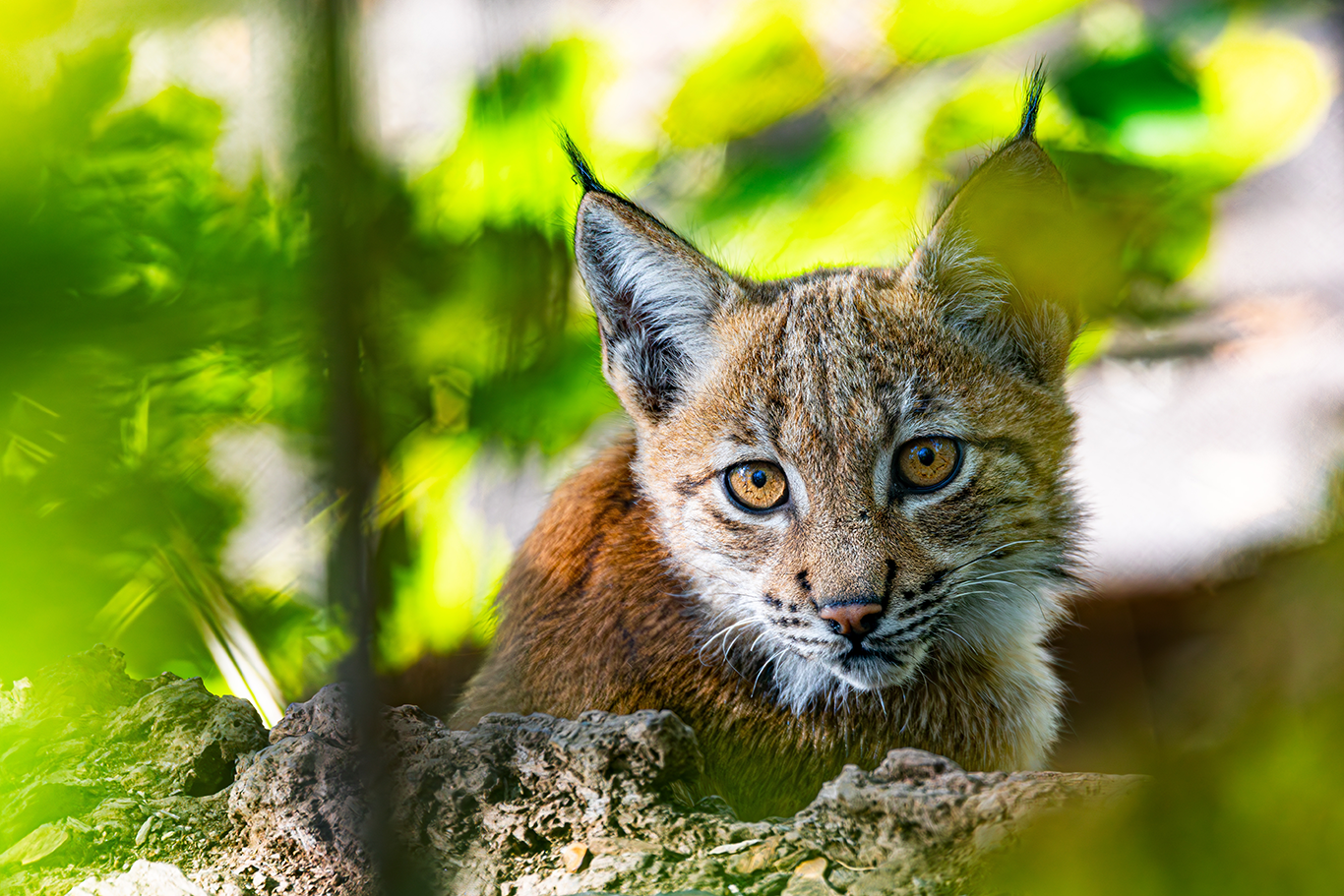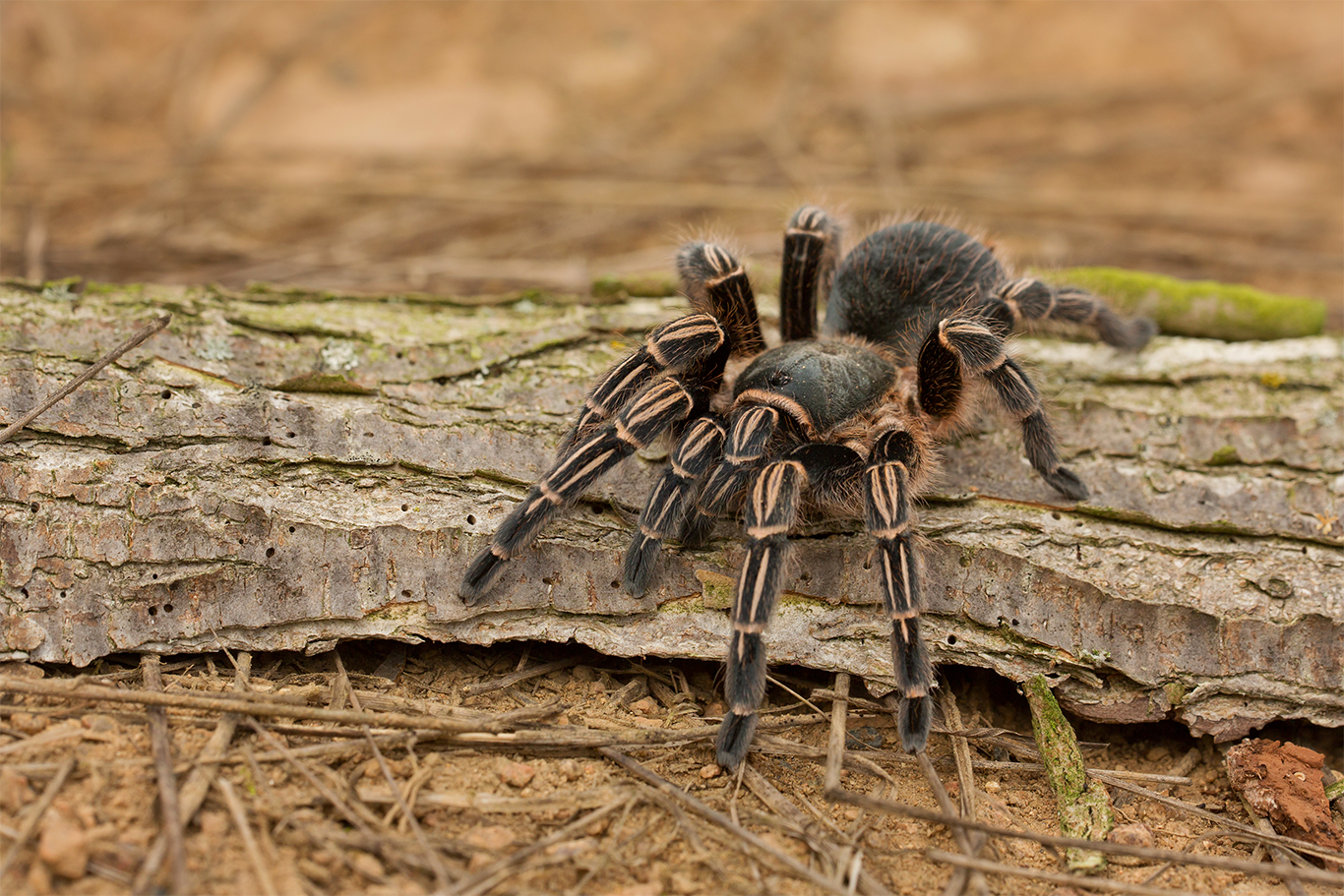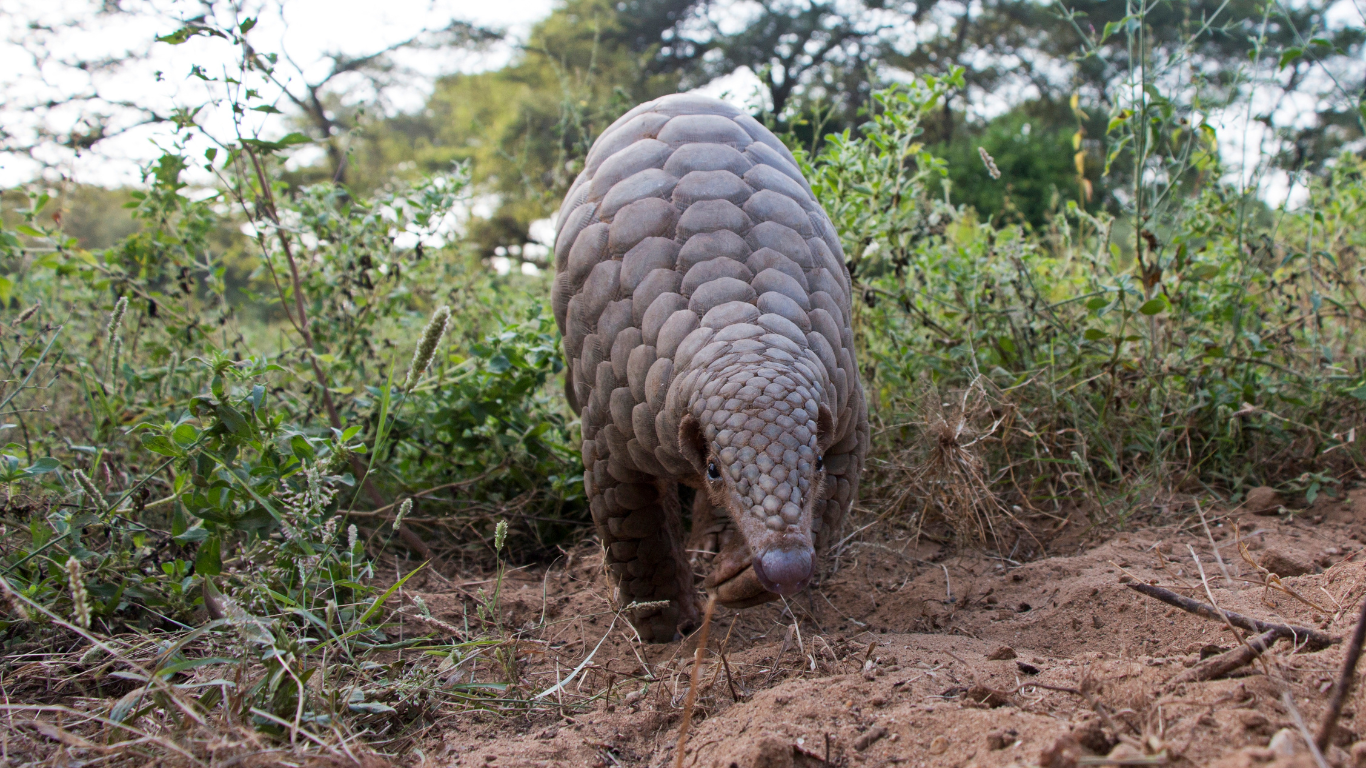Brian Davies – 4 February 1935 – 27 December 2022
Brian Davies, world-renowned animal welfare activist, has died. He was 87.
To the general public, Davies will be most remembered for his success in ending the baby whitecoat seal slaughter in Canada in the 1960s, and for donating £1-million to the British Labour Party election campaign in 1996 in a bid to bring an end to fox hunting. To animal welfare organizations, Davies will be remembered as the man who pioneered direct mail fundraising for animal causes, creating a model that is the world standard today.
Davies was born in poverty in the small village of Tonyrefail in Wales, growing up sickly, he was raised by his grandparents until the end of World War ll. Then 11-year-old Davies and his parents moved to England to start afresh. But life was tough, and Davies left school at 14 to work various manual labor jobs. When he was 20, he married Joan Pierce and the couple moved to Canada where they had two children, Nicholas and Toni. They settled in Fredericton, New Brunswick, where Davies joined the military and became secretary of the New Brunswick SPCA. In May 1976, he met his now-wife Gloria (nee Colisanto), and it was love at first sight. They married in 1981.
In the 1960s, Davies worked as a government-appointed observer at the annual seal hunt on the Canadian ice floes, during which some 30,000 baby seals were clubbed to death. Alone among observers, Davies spoke out against the cruelty involved and began a one-man crusade to ban the slaughter. Noticing that animal lovers began writing to him offering their support, he hit on the idea of mass-mailing them asking for funds to help his campaign. It was the world’s first animal action-orientated direct mail appeal and was so successful that Davies not only brought the cull to an end, but on the strength of it, created one of the world’s largest animal welfare organizations, the International Fund for Animal Welfare (IFAW). By the time Davies retired, IFAW was a $60-million a year charity.
As an activist, Davies was formidable, fearless, wily, canny and utterly determined. During his fight against sealing, he was jailed for defying a government ban on flying to the Canadian ice to witness the cull, survived an apparent assassination attempt, and had so many death threats he left Canada and moved to the US.
When the campaign needed traction, Davies lobbied the editor of the powerful British Daily Mirror. On March 26, 1968, the front page of the newspaper read, “The price of a seal skin coat”, below the full-page image of a doe-eyed whitecoat seal pup staring upward at a jackbooted, bloody-handed, bat-wielding hunter, frozen mid-strike.
The ever-canny Davies capitalized on the outrage the article caused by taking celebrities to the ice to see the situation for themselves – another innovation for animal welfare. French actress Brigitte Bardot was one of the first and her visit drew international attention to sealing. Eventually, Davies won when the European Union banned the import of baby seal pelts in 1987.
Davies went on to other significant achievements. A maverick with a larger-than-life personality and a penchant for the odd bottle of wine or three, he controversially donated £1 million to the British Labour Party in 1996, believing that if Tony Blair won the 1997 general election, he would ban hunting with hounds. Blair won and anti-hunting legislation was passed. At the time, it was the largest single donation in Britain’s history. Davies was offered a peerage, which he turned down – something he often regretted in later years, not because of the status it would have brought but because he came to believe he could have achieved more for animals as a Lord.
In 2003, Davies retired from IFAW, telling close friends that he was burned out and exhausted. Retirement did not last long. Restless, he built two new organizations: Network for Animals, an organization that works in 26 countries and focuses on direct action to help street dogs, donkeys and cats in need, and Animal Survival International, which focuses on the plight of wild animals in a world of climate change, habitat destruction and international criminal trade in animals and their body parts.
Towards the end of his life, Davies was asked by a journalist if he would do it all again if he had a second chance. “In a heartbeat,” was his reply.
Davies is survived by his two children and second wife, Gloria C. Davies, and his beloved dogs Max and Flora.





